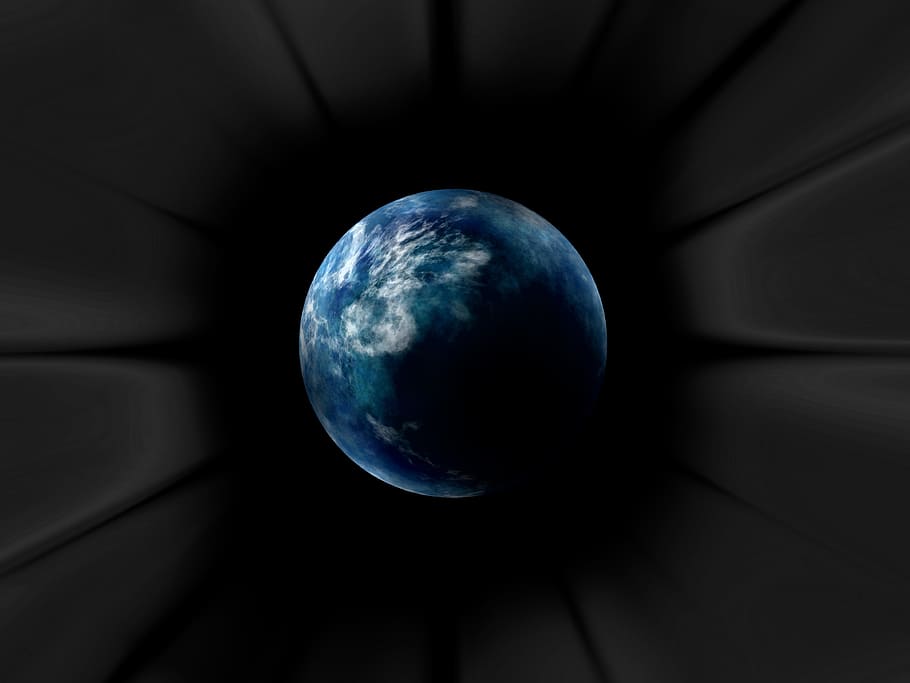Introduction: In the vastness of space, where celestial objects dance and galaxies collide, there exist wonders beyond our wildest imagination. Among these perplexing occurrences, black holes stand out as some of the most compelling and mysterious things. These cosmic behemoths are notorious for the massive gravitational force that they exert, and they have the ability to consume everything that stands in their way. Today, we are going to take a look into the realm of possibilities by investigating a hypothetical situation in which a black hole is headed in the direction of Earth.
The Nature of Black Holes: Black holes are formed from the remnants of massive stars that have exhausted their nuclear fuel and undergo gravitational collapse. These incredibly dense regions of spacetime possess a gravitational pull so strong that not even light can escape their clutches. Even though it is believed that black holes can range in size from stellar to supermassive, the latter type would be the most dangerous to our world if it ever came in contact with one.
Let’s take a speculative trip into the hypothetical scenario of a black hole approaching Earth. Before we do so, it is important to note that no such event has been observed or predicted by the current state of scientific knowledge. Nevertheless, let’s embark on this journey. Let’s imagine that a black hole is approaching Earth. The impact of such an occurrence would be catastrophic and would fundamentally reshape our understanding of the universe and the limits of our existence.
The Gravitational Forces Exerted by a Black Hole Would Be Unparalleled The gravitational forces exerted by a black hole would be unrivaled, warping spacetime and wreaking havoc on everything in its immediate vicinity. As the event horizon of the black hole draws closer, the tidal forces will cause intense gravitational stretching, also known as spaghettification, on any objects that are currently in its path. The very planet Earth would collapse under the weight of these forces, which would lead to catastrophic earthquakes, tectonic shifts, and the eradication of all life on the planet.
The Unveiling of the Unknown: The approach of a black hole would offer a unique opportunity for scientists to study these cosmic phenomena up close. It would provide data and insights into the inner workings of black holes that are invaluable, shedding light on the mysterious nature of black holes and assisting in the development of existing theories. Even though it is a terrifying possibility, the scientific community would probably band together to collect as much data as they could before the inevitable conclusion of their work.
In the face of such a significant danger, it is not inconceivable that humanity would band together in an attempt to avert the imminent catastrophe in the form of a concerted effort to save themselves. Governments, space agencies, and scientific organizations would pool their resources, striving to find solutions and methods to divert or neutralize the approaching black hole. This unprecedented collaboration could pave the way for technological advancements and cooperation on a global scale, exemplifying humanity’s resilience and determination.
Conclusion: While the scenario of a black hole hurtling towards Earth remains purely hypothetical, it serves as a reminder of the immense power and mysteries that exist beyond our planet. Our knowledge of the universe will never be complete as long as the cosmic forces continue to intrigue and confound us. Let us, as we delve deeper into the mysteries of space and uncover their solutions, take a moment to be amazed by the wondrous things in our immediate environment while maintaining a healthy sense of wonder and curiosity about what lies beyond.
![]()
